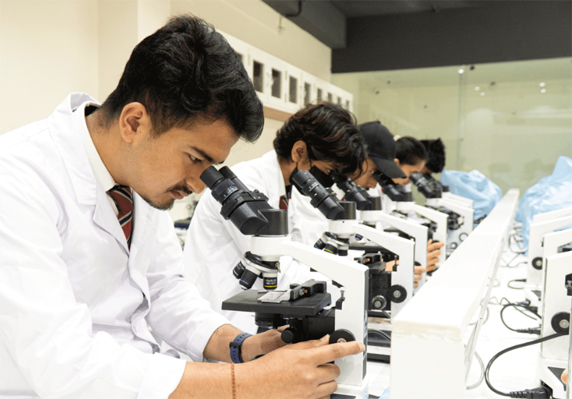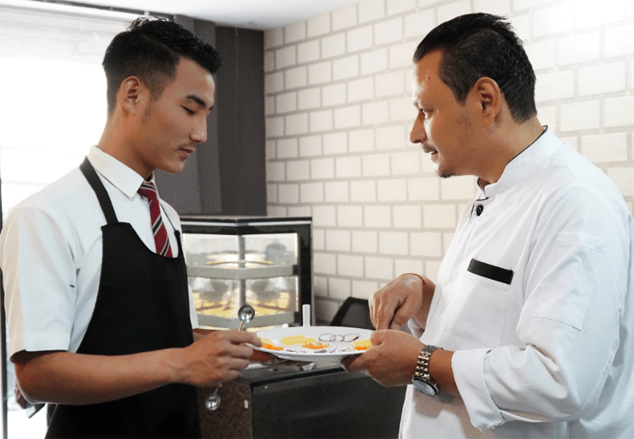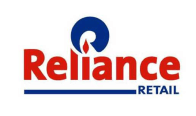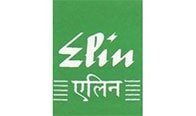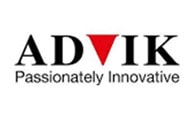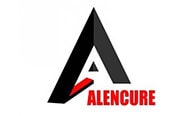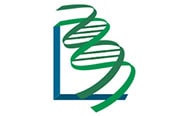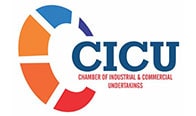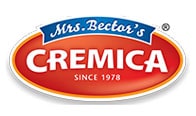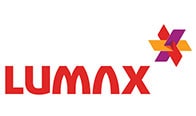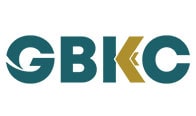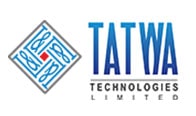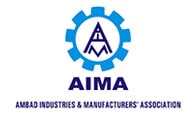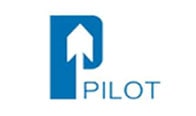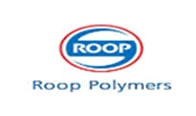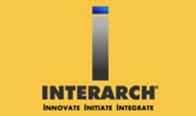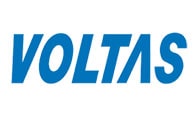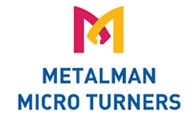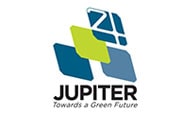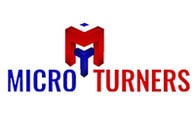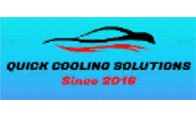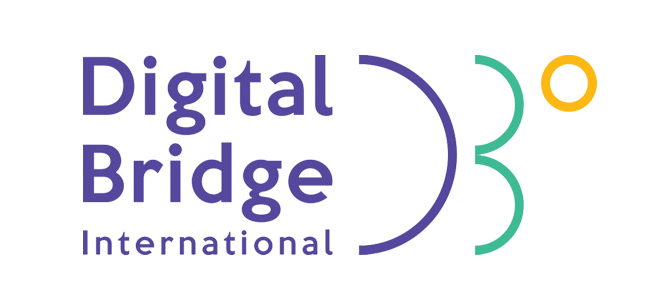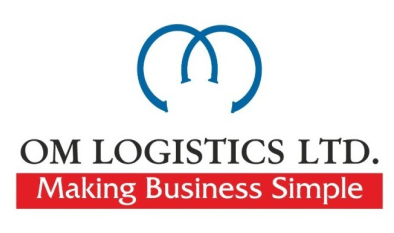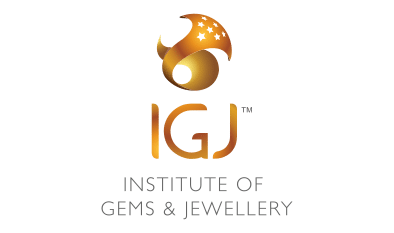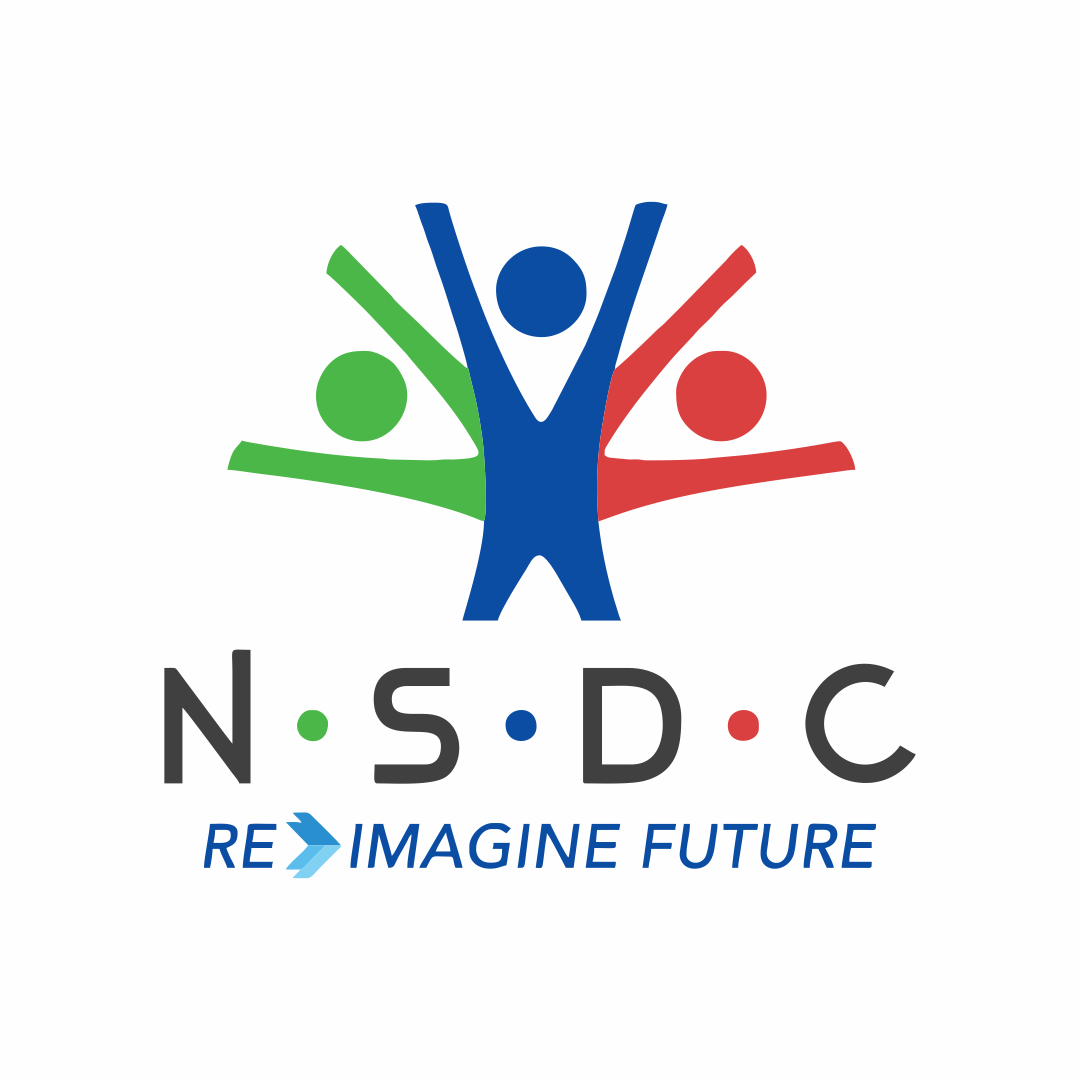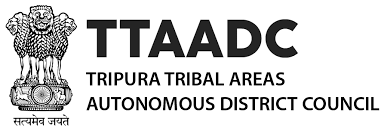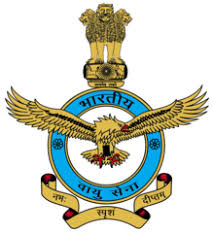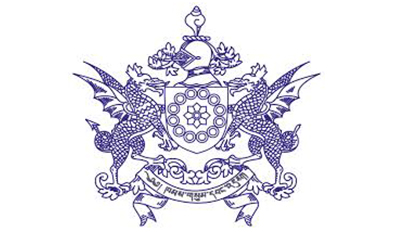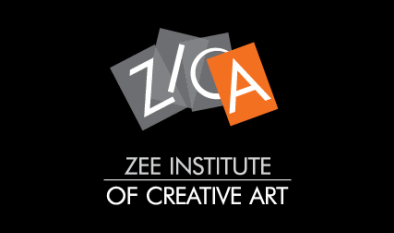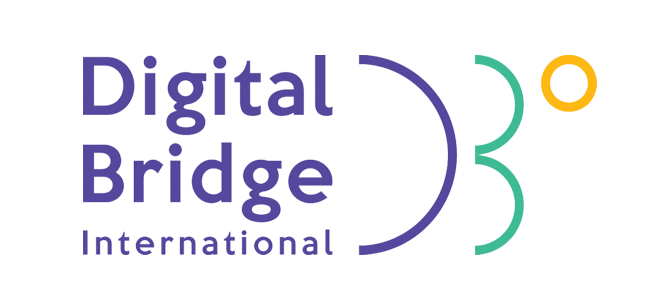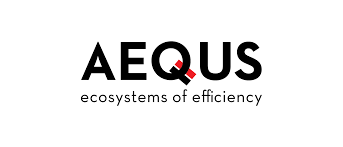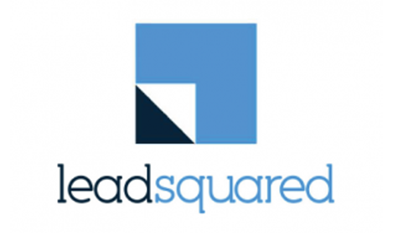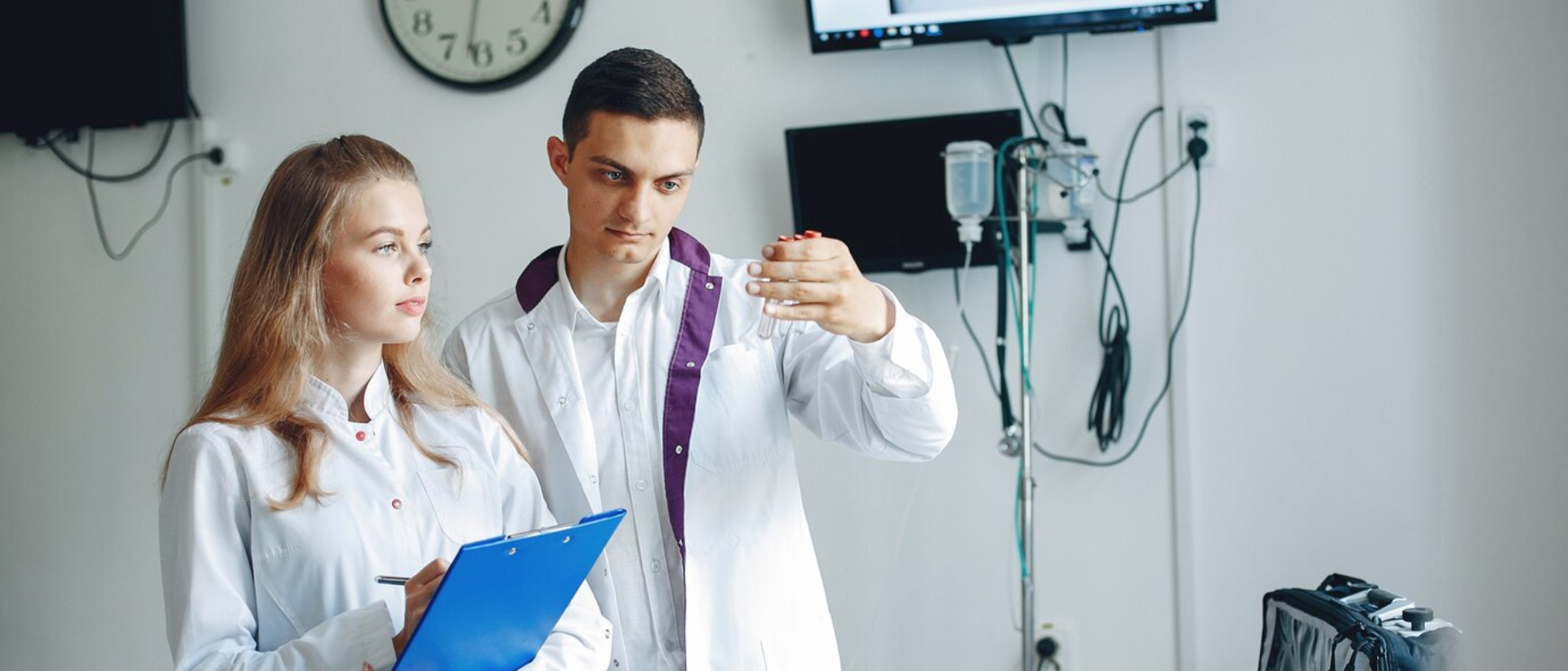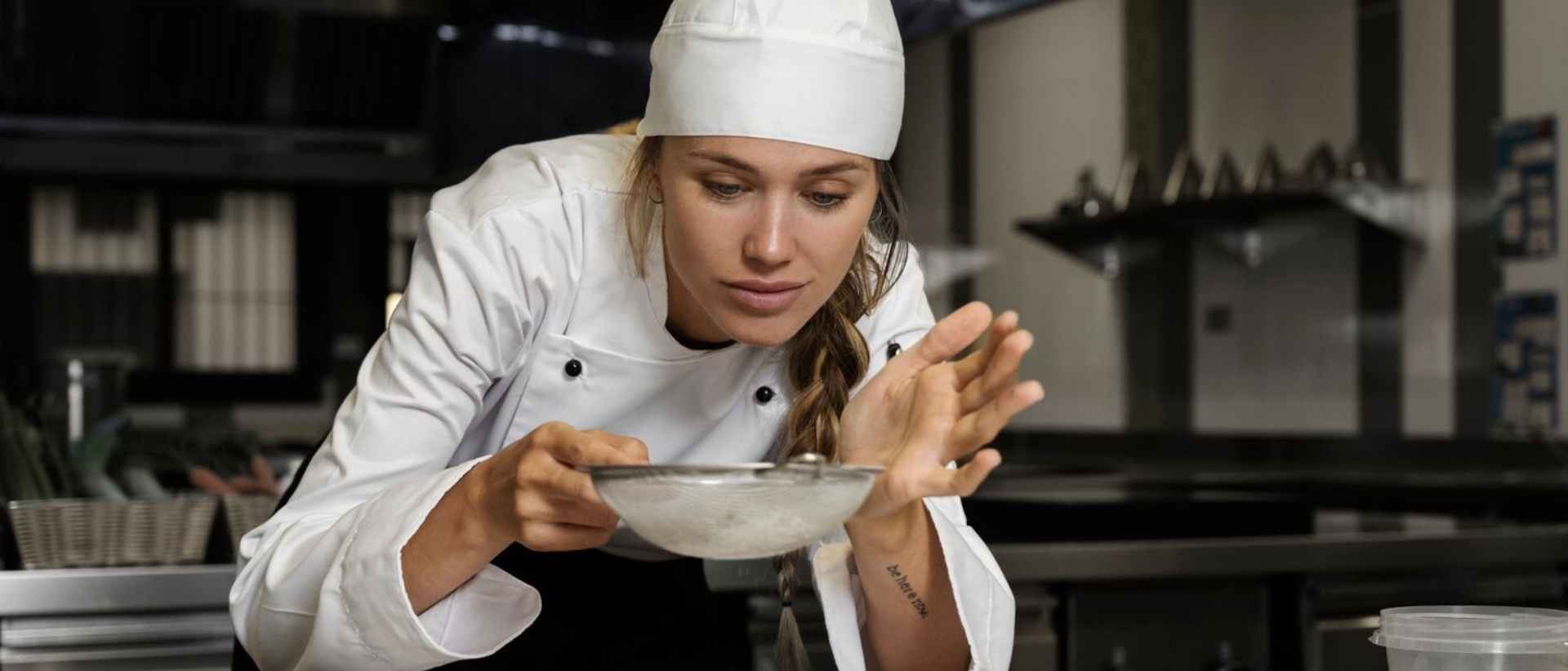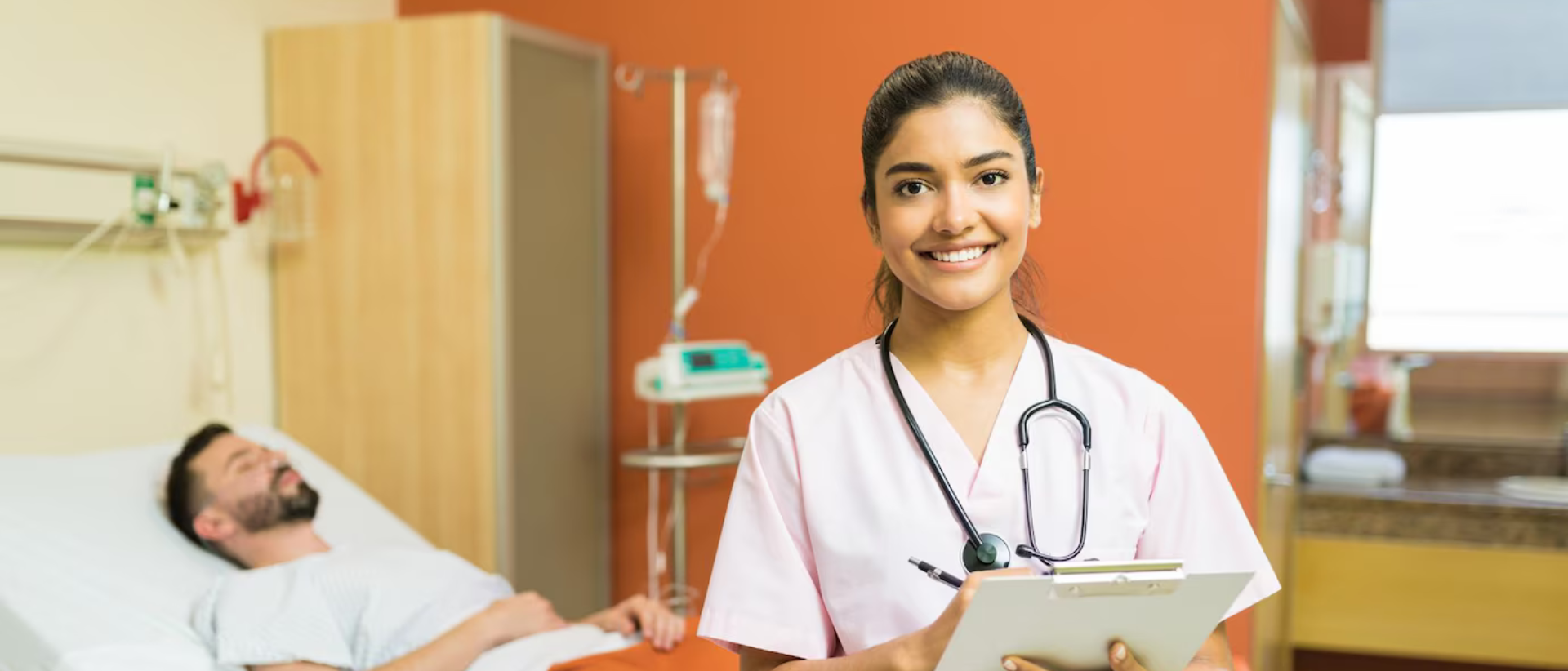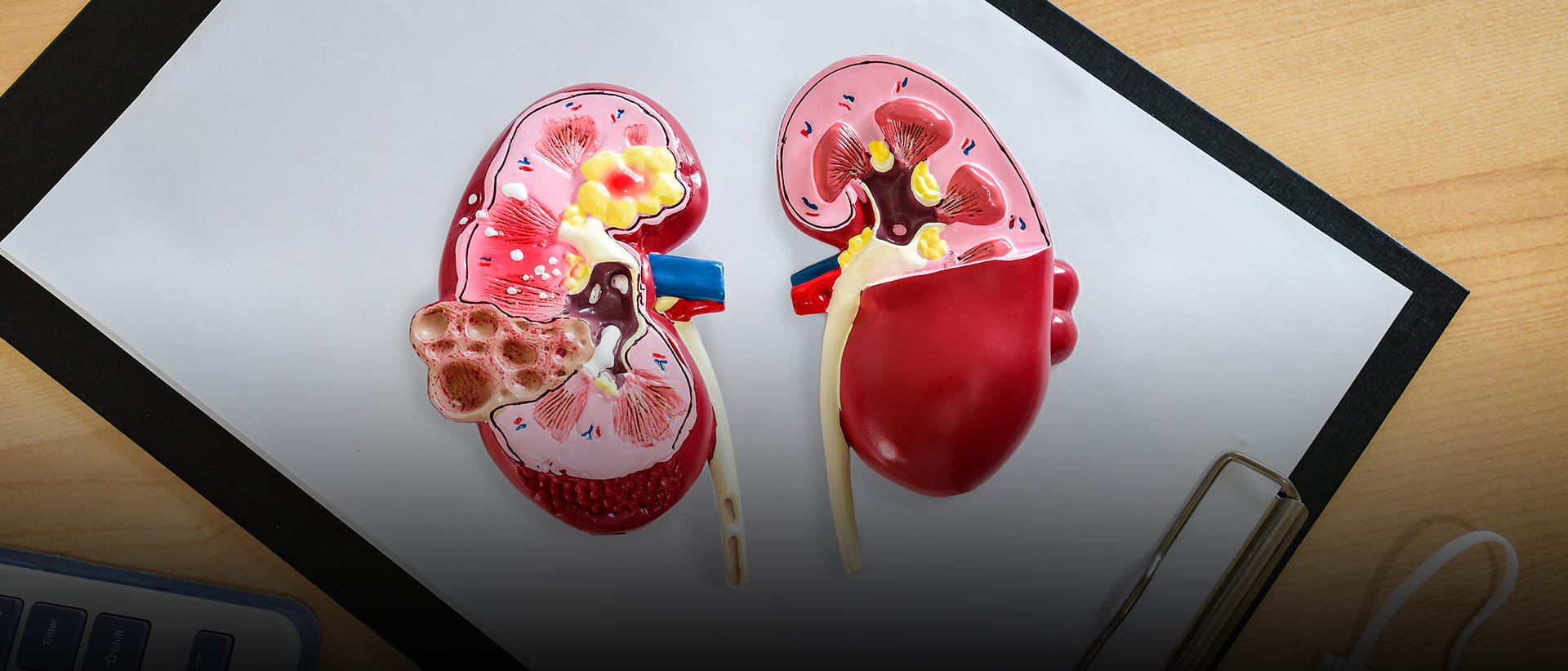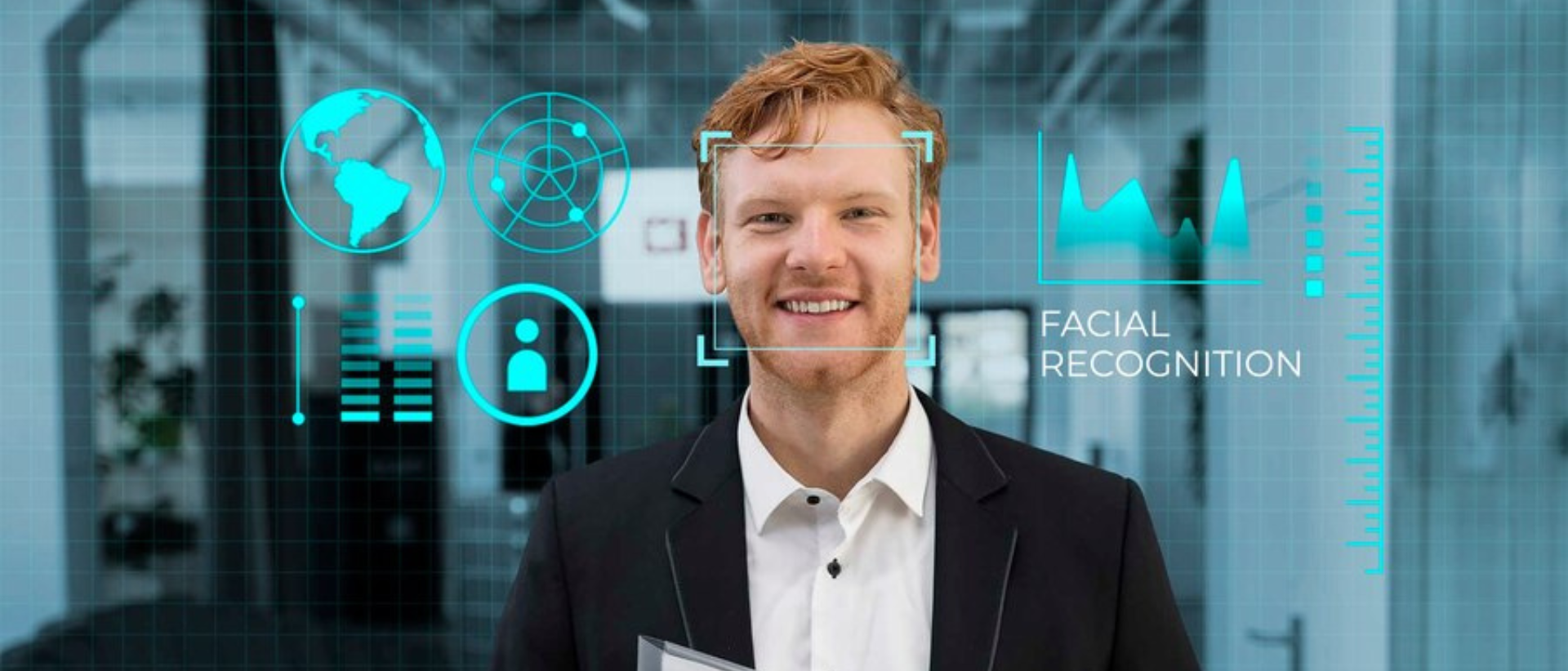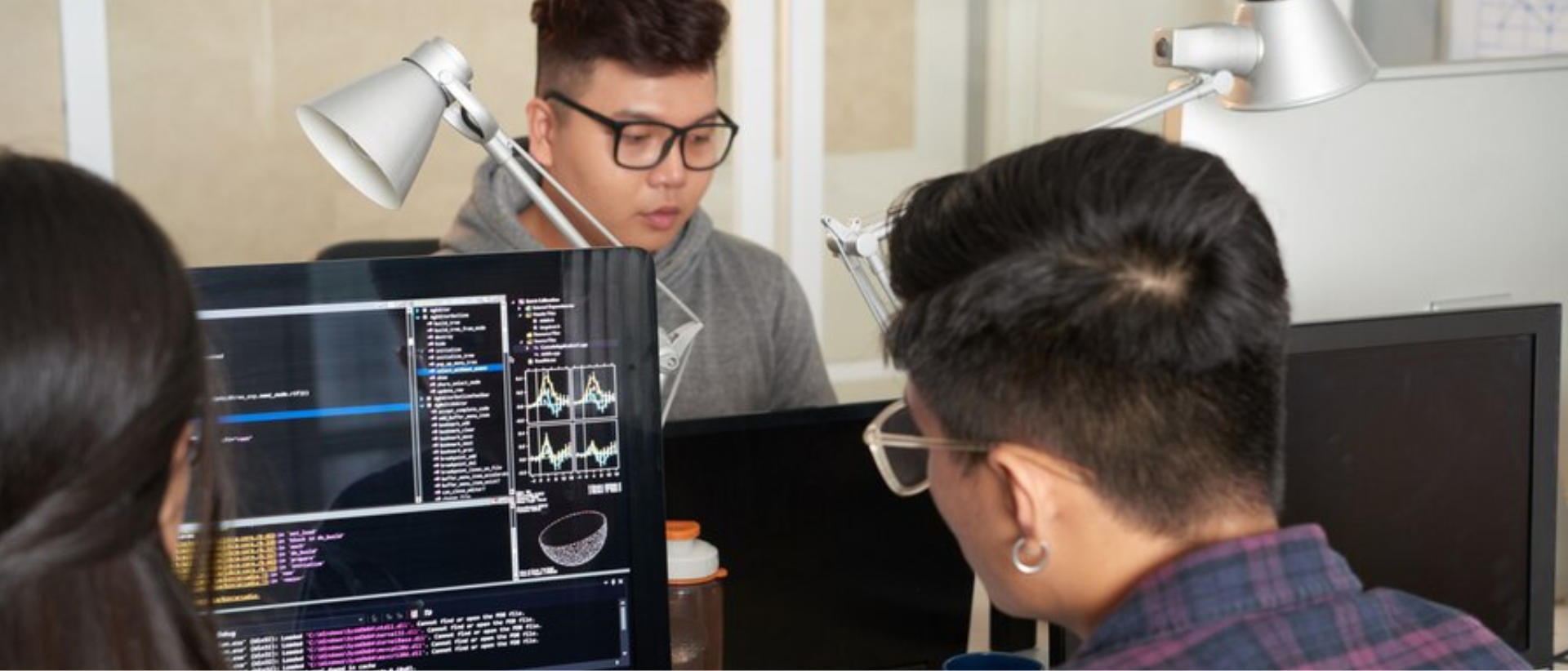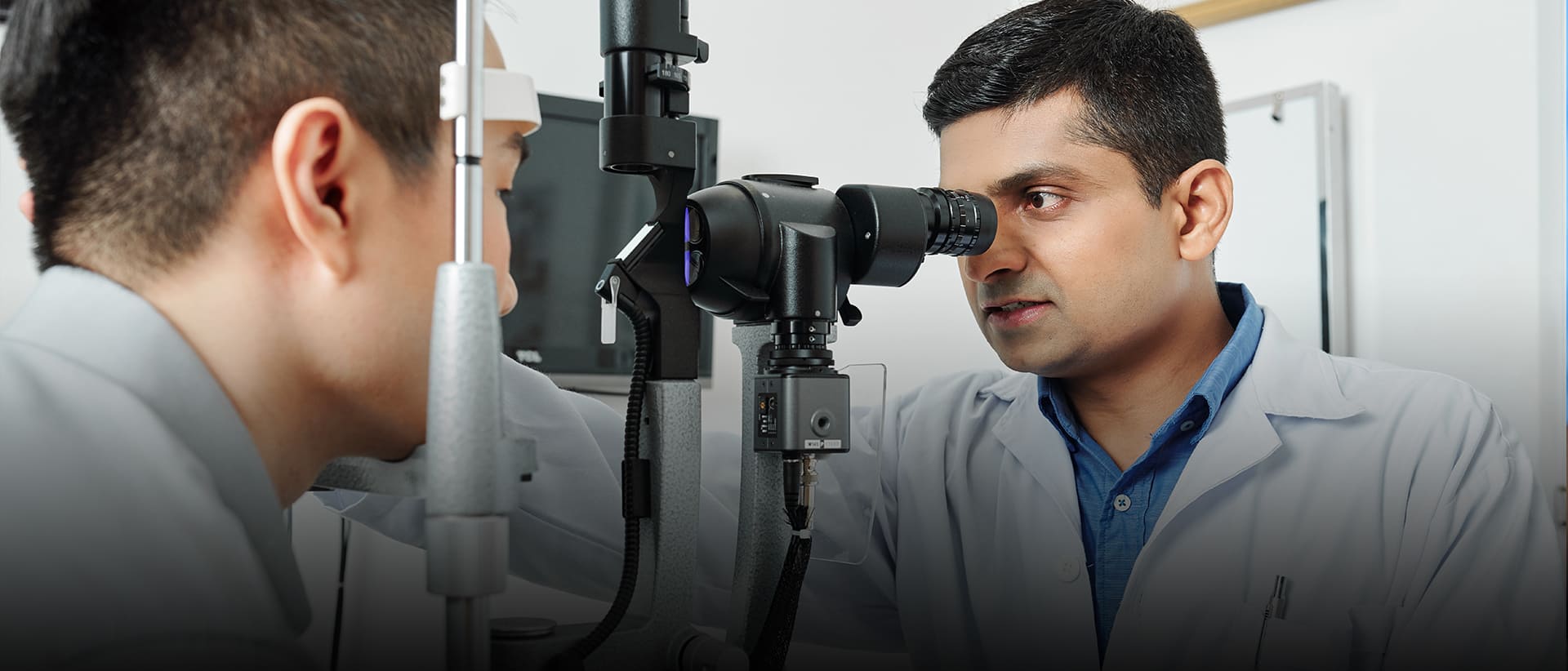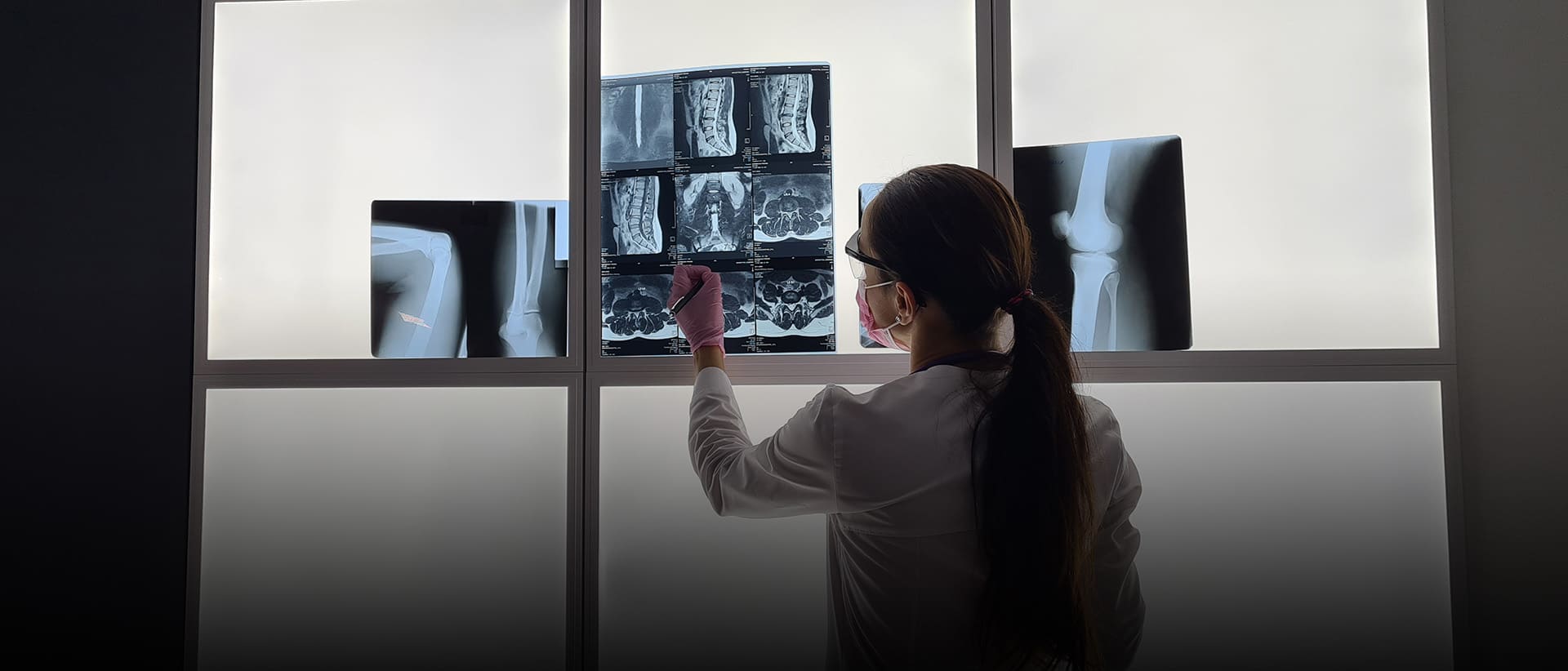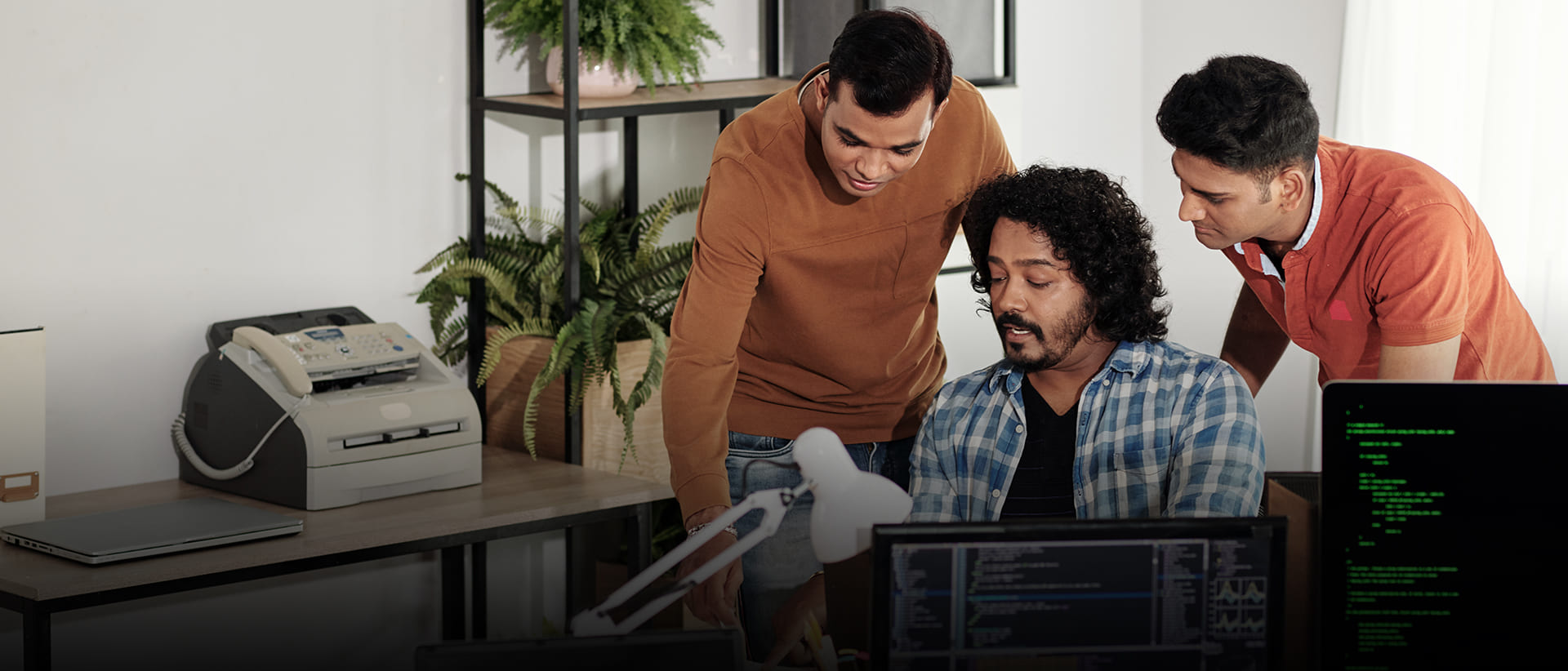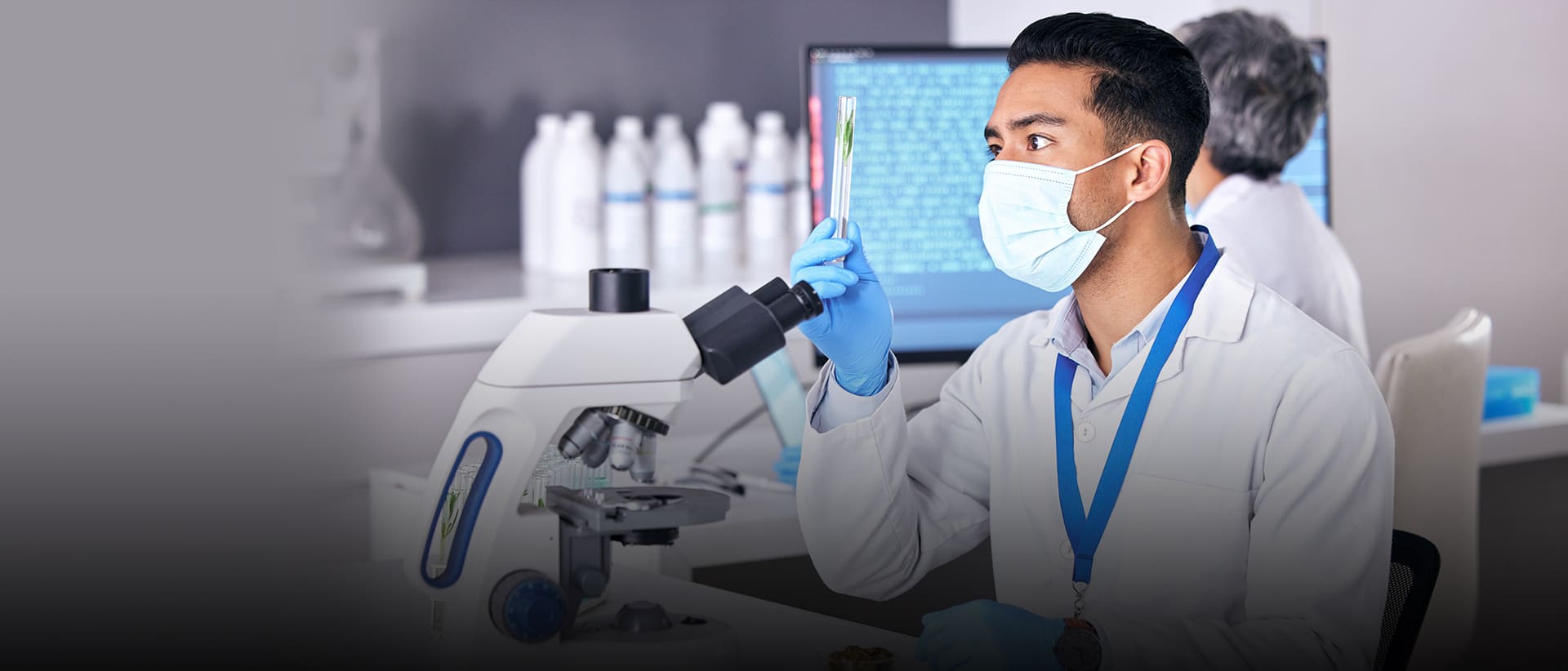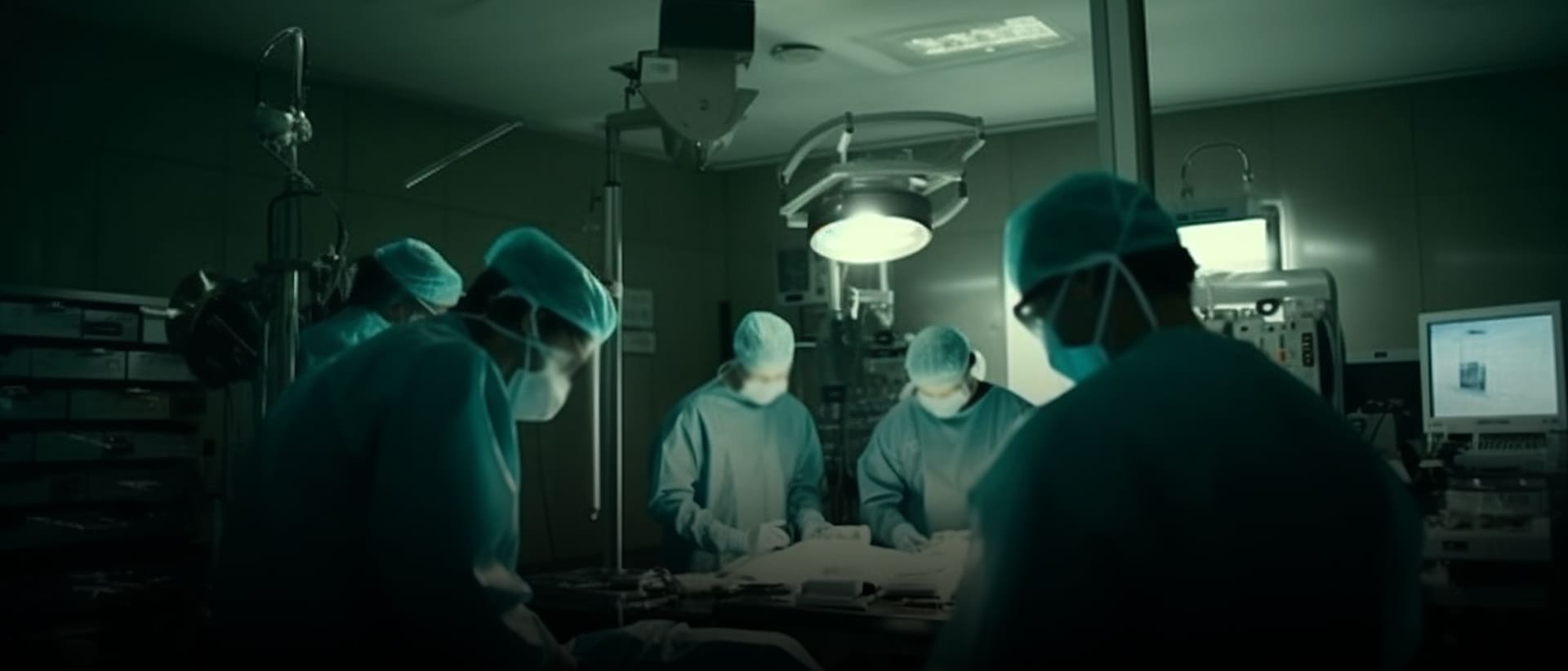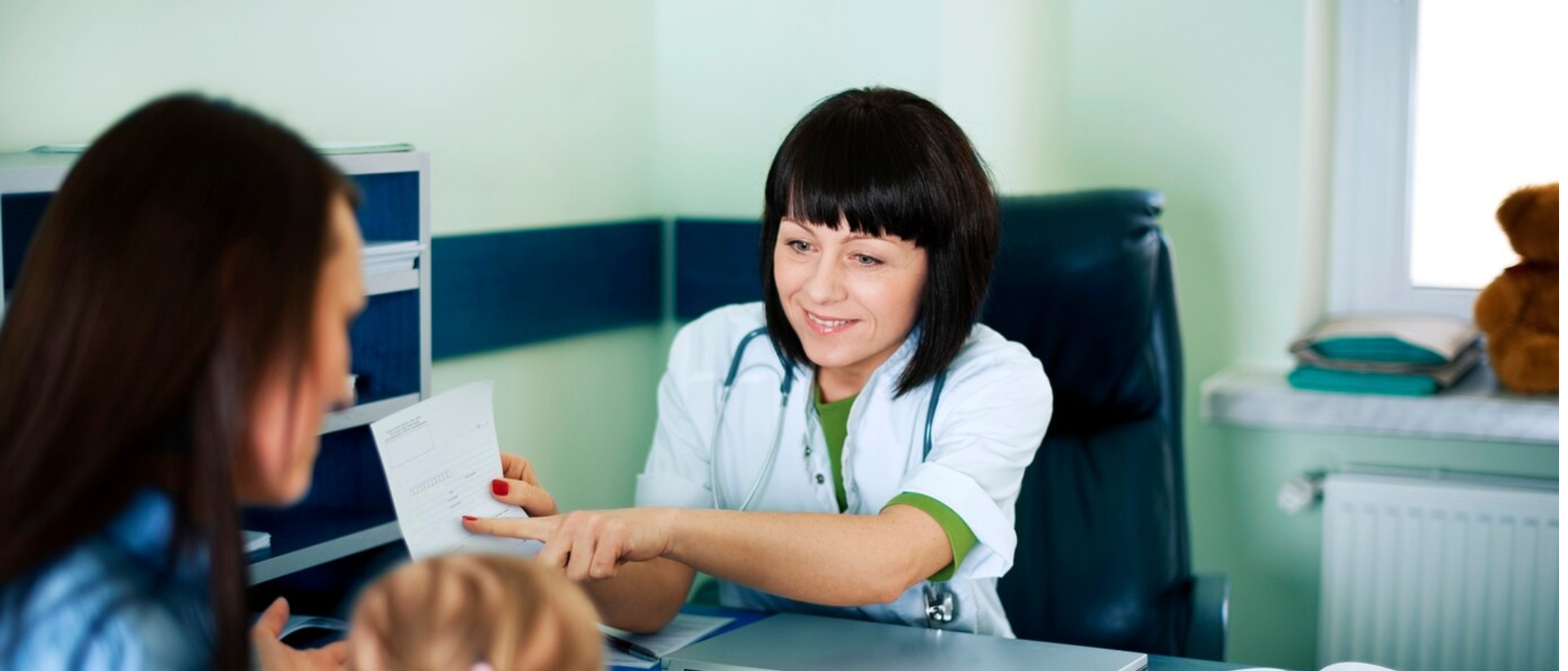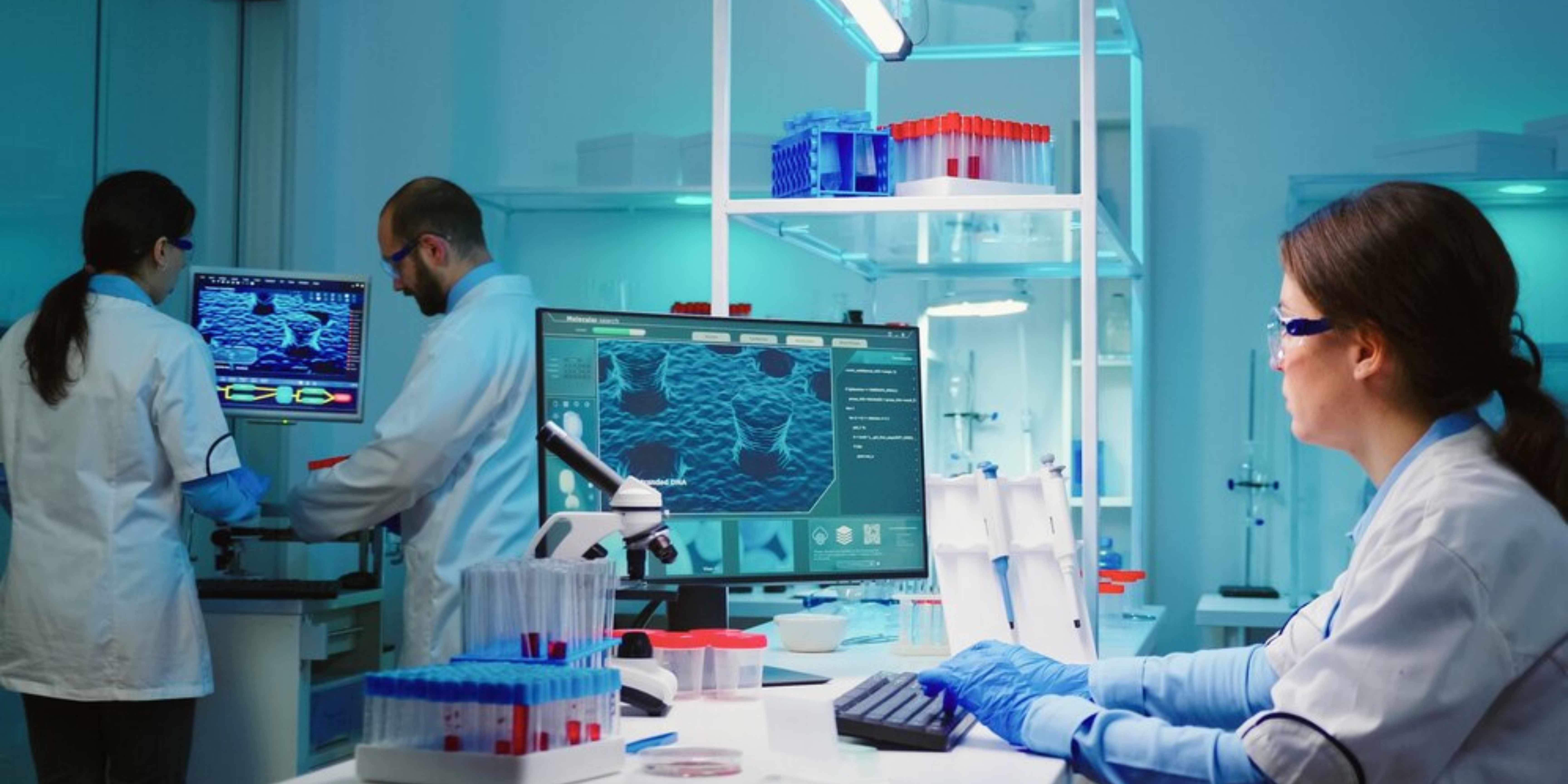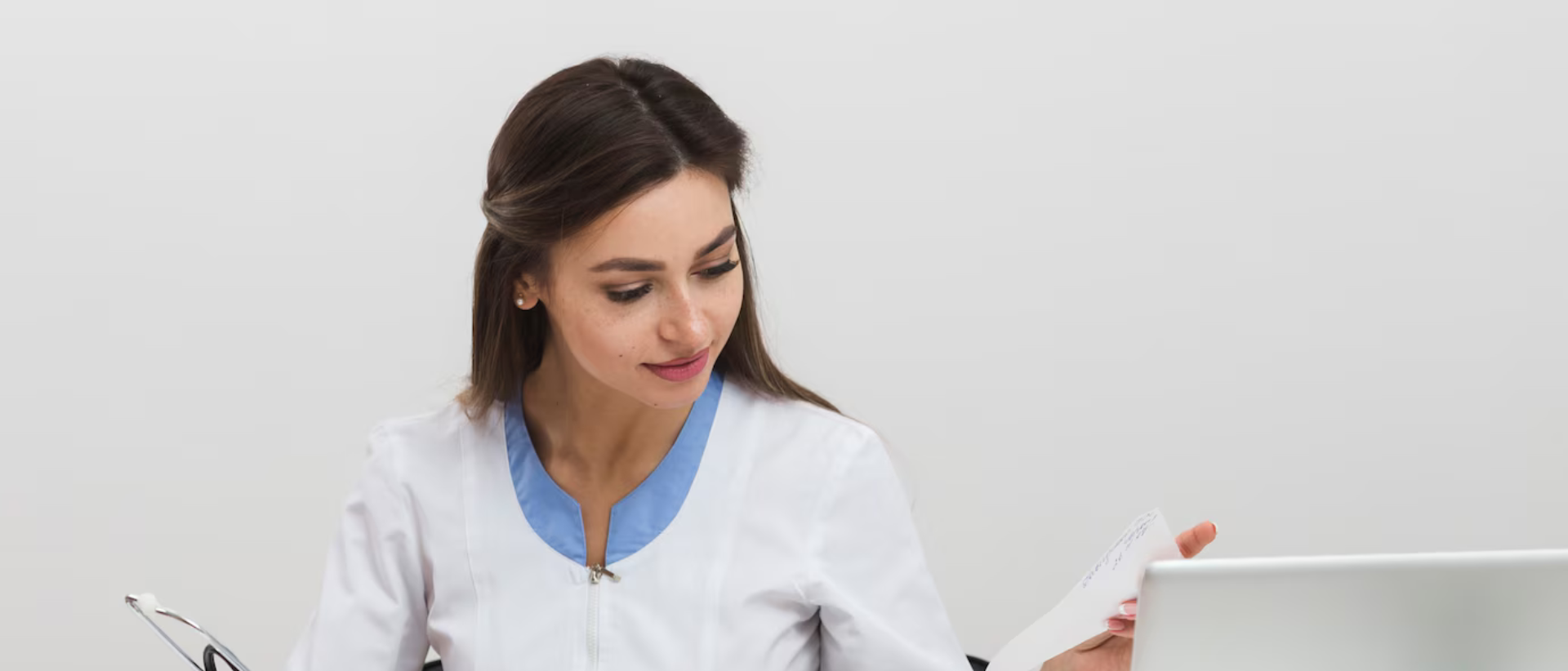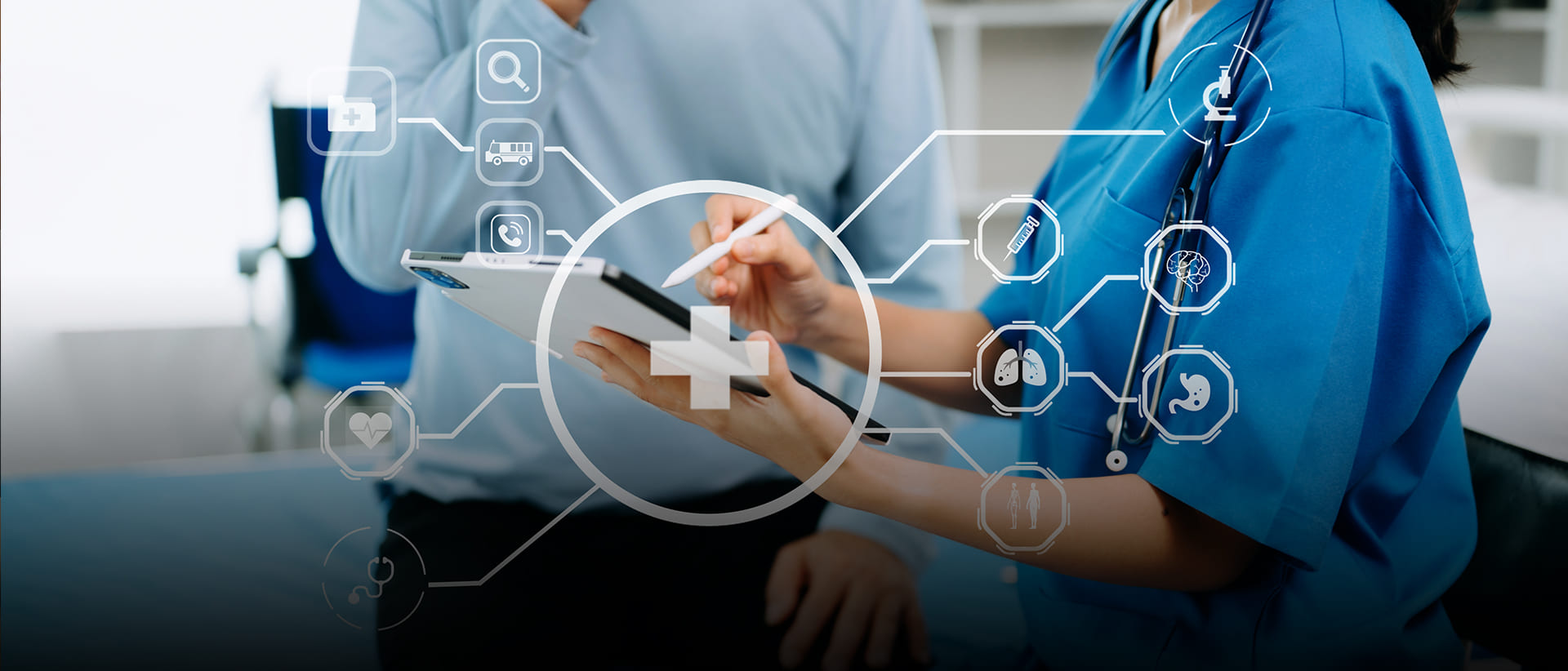Medical laboratory technology stands as a cornerstone in healthcare, pivotal for enhancing public health outcomes. It encompasses precise diagnostic services, aiding in disease detection, patient monitoring, and treatment decisions. With a curriculum covering anatomy, physiology, microbiology, biochemistry, and haematology, the Medical Laboratory Technology program equips students with a strong foundation in critical sciences for diagnostic testing. Through hands-on clinical experience and training in advanced technologies, graduates are proficient in conducting various diagnostic tests, ensuring accurate sample collection and prompt result reporting. Prepared for roles in hospitals, clinics, research labs, and diagnostic centers, they play a vital role in empowering healthcare professionals to deliver high-quality care, thus enhancing public health on a broader scale.
For those seeking to delve deeper into the field, pursuing a Master's in Medical Laboratory Technology with specializations in hematology, biochemistry, and microbiology offers an avenue for advanced expertise. This specialized program emphasizes advanced laboratory techniques, research methodologies, and specialized knowledge in these critical areas of medical diagnostics. Through experiential learning and research-based projects, students gain practical skills and theoretical insights, preparing them for leadership roles in laboratory settings, academia, or research institutions. With a focus on industry readiness and a learning-by-doing approach, graduates emerge equipped with the competencies to address complex diagnostic challenges, drive innovation, and contribute significantly to advancements in medical laboratory technology, thereby elevating healthcare standards and outcomes.
2 years
The scope of agriculture has existed from time immemorial, beyond the scope of civilization as a whole thus placing agriculture on a position of great social and economic significance.
B. Sc (MLT)
INDUSTRY LED LEARNING
Gain practical experience utilizing state of the art lab environment to enhance your skill set.


Laboratory oriented activities
Acquire hands-on experience using both manual and automation instrument in the laboratory.


On Job learning Experience
Gain valuable on-the-job training while still studying, solving real-world problems and finding practical solutions.


In-house Clinical Exposure
Gain an opportunity to experience a full clinical environment, becoming acquainted with roster systems and patient interaction.


Engaging with Industry Experts
Engaging with industry experts provides invaluable insights and real-world perspectives, enriching the learning experience and preparing students for professional success.


Industry/ Skill Certifications
Validate expertise and proficiency, enhancing employability and credibility in competitive job markets while signaling commitment to continuous learning and professional development.


World Skill Challenge
Showcase the pinnacle of vocational excellence, fostering global collaboration and innovation to advance technical skills and craftsmanship across diverse industries.
For an accelerating professional career in the 21st Century along with Core Skills, the learner should evolve through Self-directed Learning, Self-awareness, Multidisciplinary Problem Solving, Practice of Professional Grade, Digital Comfort, Current Social and Global Dynamics, Employability, and Life Skills. MSU offers an opportunity to customize higher education with a range of specialization/electives.
Foundation Core
A range of compulsory basics of multidisciplinary, professional, general nature customised to match the value and vision of MSU for a robust foundation.
Skill Drill (Elective)
A range of compulsory basics of multidisciplinary, professional, general nature customised to match the value and vision of MSU for a robust foundation.
Minor (Elective)
A range of compulsory basics of multidisciplinary, professional, general nature customised to match the value and vision of MSU for a robust foundation.
Major (Elective)
A range of compulsory basics of multidisciplinary, professional, general nature customised to match the value and vision of MSU for a robust foundation.
Industry Practice
A range of compulsory basics of multidisciplinary, professional, general nature customised to match the value and vision of MSU for a robust foundation.
Capstone Project
A range of compulsory basics of multidisciplinary, professional, general nature customised to match the value and vision of MSU for a robust foundation.
PROGRAMME OUTCOMES
PSO 1:
Graduates of the Master's program in Medical Laboratory Technology with specializations in hematology, biochemistry, and microbiology will demonstrate a comprehensive understanding of these specialized areas within a broader multidisciplinary context. They will possess in-depth knowledge of the principles, methodologies, and current developments specific to each specialization, enabling them to contribute effectively to diagnostic testing and research in their respective fields.
PSO 2:
Graduates will acquire advanced practical, professional, and procedural knowledge necessary for carrying out specialized tasks in hematology, biochemistry, and microbiology. This includes expertise in operating specialized laboratory instruments, conducting accurate and precise measurements, performing advanced laboratory techniques, and analyzing complex medical data. They will be equipped with the skills required for professional work in specialized laboratory settings and research institutions.
PSO 3:
Graduates will demonstrate proficiency in conducting research, analyzing data, and contributing to scientific advancements in hematology, biochemistry, and microbiology. They will develop critical thinking abilities and research skills necessary for investigating complex scientific questions, developing new diagnostic methodologies, and exploring innovative approaches to disease detection and treatment.
PSO 4:
Graduates will develop the capacity to apply their specialized knowledge and skills to real-life situations and complex diagnostic challenges. They will demonstrate the ability to extrapolate from their learning experiences, translate concepts into practical solutions, and adapt acquired competencies to new or unfamiliar contexts. Through experiential learning and problem-based scenarios, graduates will be prepared to address specific challenges encountered in their specialized fields, thereby contributing to advancements in medical laboratory technology and improving patient care outcomes.
PSO 1:
Demonstrate the capability for complex problem-solving
PSO 2:
Demonstrate the capability for critical thinking
PSO 3:
Demonstrate the ability for creativity
PSO 4:
Demonstrate the skills that enable them to communicate effectively
PSO 5:
Demonstrate the capability for analytical reasoning/thinking
PSO 6:
Demonstrate the ability for coordinating and collaborating with others
PSO 7:
Demonstrate the capability for leadership readiness
PSO 8:
Demonstrate ‘learning how to learn" skills
PSO 9:
Demonstrate the capability for digital and technological skills
PSO 10:
Demonstrate multicultural competence and inclusive spirit
PSO 11:
Demonstrate the acquisition of knowledge and attitude that are required for value inculcation
PSO 12:
Demonstrate the ability for autonomy, responsibility, and accountability
PSO 13:
Demonstrate the acquisition of and ability to apply the knowledge, skills, attitudes, and values required to take appropriate actions for environmental awareness and action
PSO 14:
Demonstrate the capability to participate in community-engaged services/ activities for promoting the well-being of society.
PSO 15:
Demonstrate the ability to identify with or understand the perspective, experiences, or points of view of another individual or group, and to identify and understand other people’s emotions








